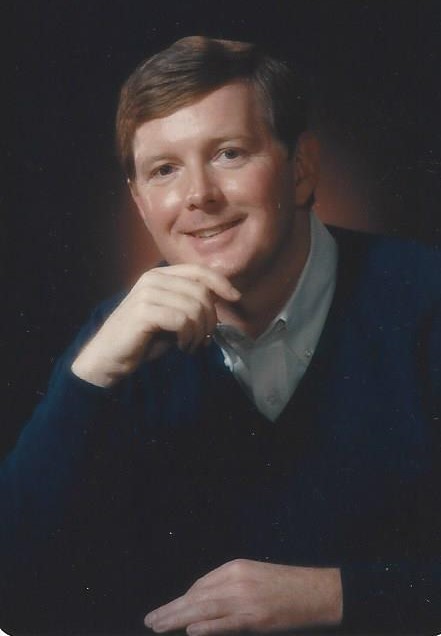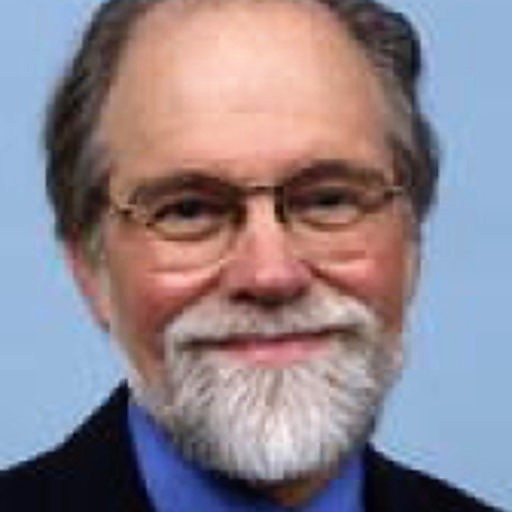
A Family Psychoeducation Model of
Multiple Family Group Therapy
and the Management of Schizophrenia
©1994 By Lewis N. Foster

William R. McFarlane, MD Chief of the Maine Medical Center Department of Psychiatry presented this model of Multiple Family Group Therapy (MFGT) at the Second International conference on MFGT in Asheville, NC in 1994.
William R. McFarlane, MD "PIER Training Institute Director"
Family psychoeducation acknowledges the essentially chronic nature of this disease and seeks to engage families in the rehabilitation process by creating a long-term working partnership with them and providing them with the information needed to understand schizophrenia. This model seeks to assist the patient and family in accommodating the disease while developing social support systems for the reduction of confusing, anxiety, and exhaustion in the patient's family, while they learn adaptive strategies.
Dr. McFarlane shared the following basic assumptions of this model:
B. Ordinary life events, and certainly extraordinary ones, can produce stress which overwhelms the patient's ability to respond in a directed and adaptive manner to a wide variety of stimuli, precipitating a psychotic episode.
C. Schizophrenia is a chronic disease which is characterized by recurring episodes which each may last up to two years (including both
positive and negative symptom phases).
D. Families do not cause schizophrenia although they may inadvertently exacerbate the condition in their efforts to respond to it.
E. The preferred response to the presence of schizophrenia is usually not deductible from "common sense" and may be in opposition to standard treatments for other mental disorders.
F. Anti-psychotic and other psychotropic medications are generally of use in controlling symptoms although they are usually not sufficient in themselves to bring about complete rehabilitation.
G. The use of street drugs or alcohol tends to exacerbate symptoms of schizophrenia.
H. Clinicians who are warm, collegial, and non-blaming of families have the best chance of helping them learn new ways of responding to this illness.
I. Clinicians need active support and supervision by more senior clinicians in their efforts to put this model into practice.
Within 24 to 48 hours of an admission the family begins the initial phase of the psychoeducational process. The primary clinician (who is available 24 hrs a day P.R.N.) will spend about four hours with them over the next six weeks joining and relating to them and dealing with their questions, and emotions around guilt, shame and stigmas, for example. They will then move into the Survival Skills Workshop where they spend eight hours learning about the biological, psychological and social aspects of schizophrenia and its management.
A set of behavioral instructions for the family to reduce stress in the home environment which minimizes relapse is introduced. The families in this workshop make up a multiple family therapy group after the training which
greatly enhances the rehabilitation process. Families are seen two times per month for eighteen months (then once per month for the remainder of treatment which could be for as long as two years) to plan strategies for responding to the various changes taking place with their family member recovering from schizophrenia.
It is important that families learn to appreciate slow progress and little successes. Problem solving and communications skills become the focus of these groups. As the patient progresses the family moves into the social/vocational rehabilitation phase of treatment which takes place about one year from discharge. The focus of these groups are on the recovering schizophrenics ability to interact socially and gaining meaningful and long-term employment.
The families social network grows and the groups meet monthly rather than bi-weekly. Support is available more frequently if crisis takes place. The MFGT sessions are videotaped and played back to the families when the experience could prove to be educational.
Guidelines to help things run more smoothly at home include: going slow, keeping cool, giving space, setting limits, ignoring what you can't change, lowering expectations, following doctor's orders, business as usual, no drugs or alcohol,
monitoring for warning signs or relapse, and taking one step at a time when solving problems.
Dr. McFarlane has scientifically demonstrated that the psychoeducational multiple family therapy group format is effective in preventing relapse, achieving an unprecedented relapse rate of under 10% per year. By the end of the two year treatment period, the rehospitalization rate drops to roughly 30% of the pre-treatment level and sharply decreases thereafter.
Medication compliance remains unusually high, and substance abuse (except for "crack") steadily decreases. Employment levels double over two years, and gains in patients employed are greater. The psychoeducational MFGT model is the most cost-effective psychosocial treatment for schizophrenia yet tested empirically. According to Dr. McFarlane this research supports similar claims made by H. Peter Laqueur, MD prior to his death in 1979.
William R. McFarlane, MD, has published a book:
Multifamily Groups in the Treatment of Severe Psychiatric Disorders.
This volume presents a proven psychoeducational therapy approach for persons
with severe mental illness and their families. "Exceptionally
accessible....Suitable for students interested in working with schizophrenic
patients and those interested in better understand the biological, psychological
and social processes influencing the course and symptomatology of
schizophrenia." ---The Clinical Psychologist.
Dr. McFarlane provides training opportunities on a regular basis and welcomes trainees.
You can reach him at (207) 662-4348 or (207) 210-1014.
a. Schizophrenia and schizo-affective disorders have strong biological correlates which point to the brain in the illness. This involvement can best be understood as a deficit in the attention-arousal mechanisms of the brain, yielding a condition whereby stimuli are idiosyncratically handled.